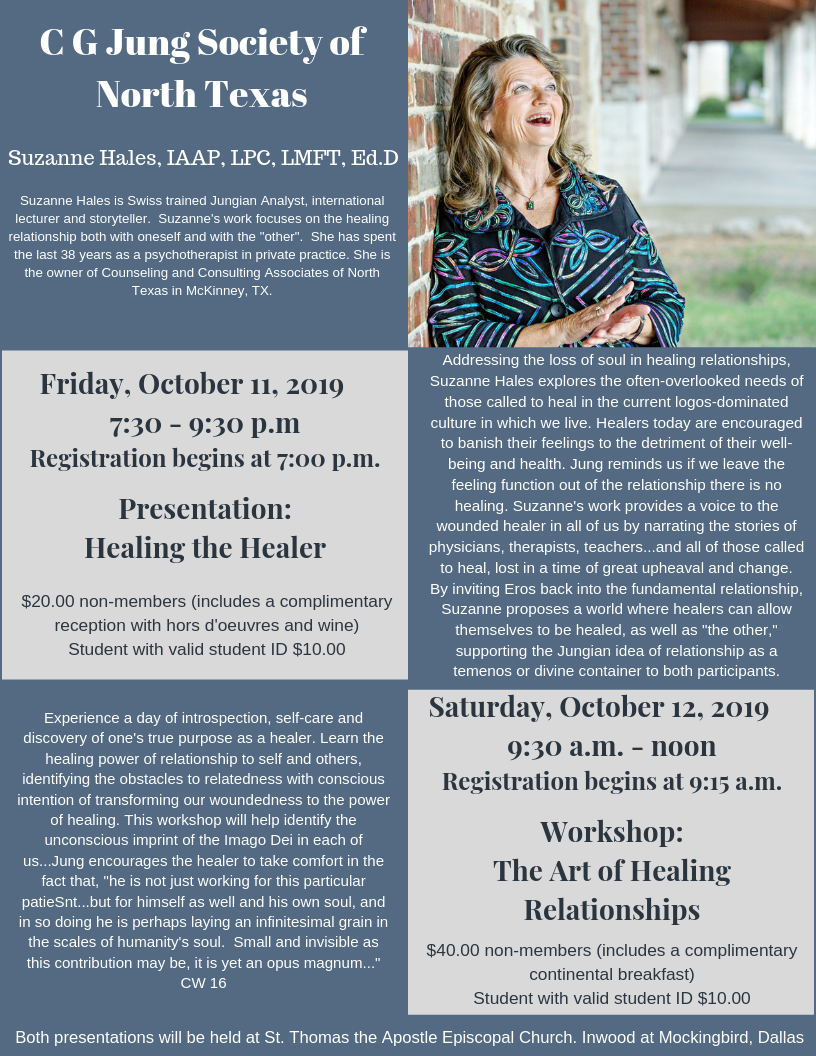Therapy is a valuable tool for improving your mental health and navigating tough times. But how do you know if you need therapy? Identifying the signs can help you take proactive steps toward seeking the support you deserve. Therapy isn’t just for those in crisis—it’s also beneficial for personal growth, stress management, and resolving emotional difficulties. In this article, we’ll explore the main indicators that might signal you need therapy and explain how it can positively impact your life.
How Do You Know If You Need Therapy? Key Signs to Watch For
Feeling Overwhelmed by Life’s Challenges
One of the first signs that you may need therapy is feeling completely overwhelmed by the demands of daily life. If you’re struggling to keep up with responsibilities, tasks may start to pile up, leaving you stressed and drained. Therapy helps you manage stress, providing coping mechanisms and a space to talk through your challenges.
Key signs you may be overwhelmed
-
Difficulty balancing work, family, and personal life
-
Increased stress or anxiety
-
Frequent emotional breakdowns or burnout
-
Inability to relax or enjoy downtime
Persistent Sadness or Depression Symptoms
It’s normal to feel sad occasionally, but persistent feelings of sadness or depression that last for weeks or months can be a red flag. Therapy can help you explore the root causes of your feelings and provide strategies to overcome them.
Signs of depression include
-
Feeling sad or empty most of the time
-
Losing interest in activities you once enjoyed
-
Difficulty getting out of bed or facing the day
-
A constant feeling of hopelessness or helplessness
Experiencing Trauma or Loss
Whether it’s from the loss of a loved one, a difficult breakup, or a traumatic event, unresolved trauma can have a long-lasting impact on your emotional and psychological health. Therapy can help you process these emotions in a healthy way and begin healing.
Common emotional responses to trauma
-
Flashbacks or intrusive thoughts
-
Difficulty trusting others
-
Avoiding reminders of the traumatic event
-
A sense of guilt or shame
Difficulty Maintaining Healthy Relationships
If you find it hard to maintain close relationships or struggle with communication, therapy can help. Unresolved personal issues or mental health conditions can often interfere with how we connect with others.
Signs to look out for
-
Frequent misunderstandings or arguments with loved ones
-
Feeling isolated, even when you’re around people
-
Trouble expressing emotions or needs to others
-
Feeling unsatisfied in your relationships
Struggling with Self-Esteem and Confidence
Low self-esteem can prevent you from reaching your potential and affect your interactions with others. If you’re constantly doubting yourself or feel inadequate, therapy can help you build confidence and develop a healthier self-image.
Signs of low self-esteem include:
-
Negative self-talk or feelings of worthlessness
-
Constant comparison to others
-
Fear of failure or rejection
-
Difficulty accepting compliments or praise
How Therapy Can Help You Heal and Grow
Therapy is not just about addressing mental health crises; it can also support personal growth and emotional well-being. Understanding how therapy works and what you can expect from it will make you more comfortable and prepared for the process.
Types of Therapy That Can Help You
There are various types of therapy that may be beneficial depending on your needs. These include Cognitive Behavioral Therapy (CBT), talk therapy, and mindfulness-based therapy, each focusing on different aspects of mental health.
Common types of therapy include
-
Cognitive Behavioral Therapy (CBT): Focuses on changing negative thought patterns.
-
Talk Therapy: Involves open communication with a therapist about your struggles.
-
Mindfulness Therapy: Helps you develop better awareness and acceptance of your thoughts and emotions.
-
Dialectical Behavior Therapy (DBT): Helps manage emotions and improve relationships.
What to Expect in Therapy
Your first session will likely involve an assessment of your mental health and life history. Your therapist will ask questions about your symptoms, experiences, and goals for therapy. You’ll work together to develop a plan for treatment, which may include regular sessions and specific coping techniques to address your concerns.
In therapy, you can expect to:
-
Share your thoughts and emotions in a safe, non-judgmental space
-
Develop strategies to manage anxiety, stress, and negative thought patterns
-
Set goals for emotional growth and personal development
-
Work through past trauma and unresolved issues
FAQs
Q. What are the first signs that you need therapy?
A. The first signs often include feeling overwhelmed, struggling with sadness or depression, and having trouble managing daily tasks. If these feelings persist, therapy can help you work through them.
Q. Can therapy help if I don’t have a specific problem?
A. Yes, therapy can help with personal growth, improving self-esteem, and learning better coping mechanisms. It’s not just for crisis situations—it can benefit anyone looking to improve their mental well-being.
Q. How long does it take to see results from therapy?
A. Many people begin to feel relief after a few sessions. However, more significant changes may take a few months, depending on the issues being addressed and the consistency of therapy.
Q. Is therapy effective for trauma recovery?
A. Yes, therapy is one of the most effective ways to process and heal from trauma. Different therapy methods, including CBT and mindfulness-based therapies, can be particularly helpful in trauma recovery.
Q. Do I have to talk about everything in therapy?
A. You are in control of what you share during therapy. It’s important to build trust with your therapist, but you don’t have to share anything you’re not comfortable with.
Conclusion
Recognizing that you may need therapy is a significant step toward improving your mental health. If you are experiencing persistent sadness, overwhelming stress, relationship challenges, or low self-esteem, therapy can help. It’s never too late to seek support, and therapy can be a powerful tool for personal healing and growth. By understanding the signs and knowing when to seek help, you’re taking the first step toward a healthier, more balanced life.



